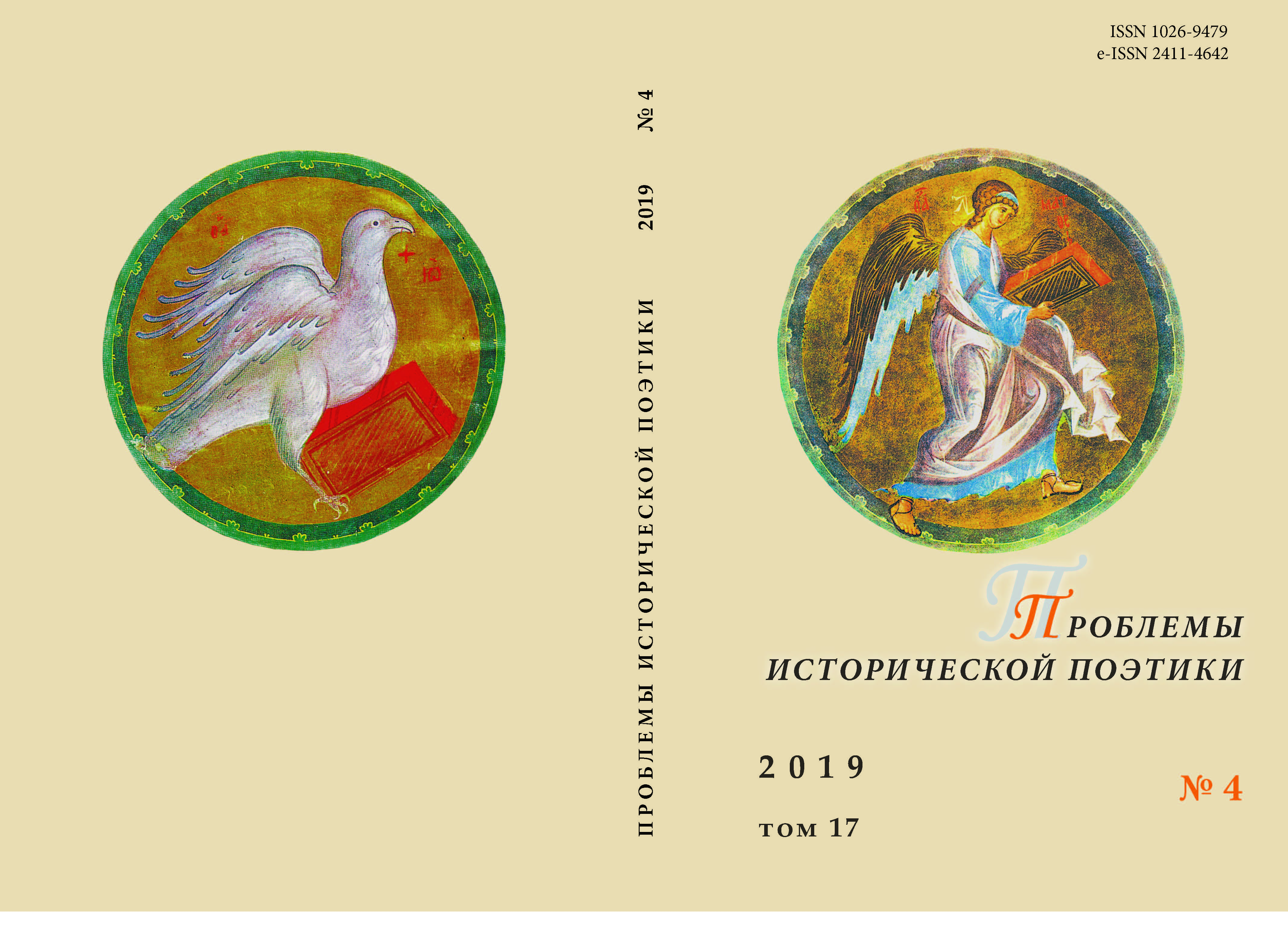ДИАЛОГ С Ф. М. ДОСТОЕВСКИМ В РОМАНЕ Е. Р. ДОМБРОВСКОЙ «ПУТЬ ОТКРЫЛСЯ… ЧЕХОВ. ДУХОВНЫЕ СТРАНСТВИЯ ТИМОФЕЯ ДИАКОНА»
THE DIALOGUE WITH DOSTOEVSKY IN THE NOVEL BY E. R. DOMBROVSKAYA “THE WAY IS OPEN... CHEKHOV. SPIRITUAL WANDERINGS OF TIMOFEI THE DEACON”
Author(s): Natal’ya V. PrashсherukSubject(s): Language and Literature Studies, Literary Texts, Fiction, Studies of Literature, Russian Literature, Philology
Published by: Петрозаводский государственный университет
Keywords: Chekhov; Dostoevsky; dialogue; Christian metanovel; Christian realism; plot; hero; understanding of the beauty;
Summary/Abstract: The article studies the dialogue with Dostoevsky developing in Dombrovskaya’s christian metanovel “The way is open… Chekhov. Spiritual wanderings of Timofei the Deacon”. It is shown that the dialogue is of an extensive, systematic and multidimensional character. It is carried on at all the levels of the artistic system of the novel: an author’s message, method, genre, plot, characters system — and allows gaining a hermeneutic experience. In a dialogical correlation of Chekhov and Dostoevsky it is disclosed that both writers have in common the adherence to the evangelic spirit that helps them to be theologically precise/ accurate while judging and making emphases. However, while Dostoevsky interested primarily in the problem of destruction of the religious consciousness and testing the man on the way of freedom without God, disproves the principles and meanings of the Christian doctrine, Chekhov’s spiritual realism that highlights the “movement of an essential layer” in the terms of the everyday life of the man “emanates silence, lives off an inner word”. Besides, Chekhov as a child of his time feels better the danger of Pharisaism. The dialogue with Dostoevsky is carried on not only in philological sketches of the main hero, but is reflected in the destinies of the novel’s characters, in understanding of the spiritual conditions of modern Russia. The article, based on the reasoning of E. R. Dombrovskaya, for the first time asserts that Chekhov’s concept of the beauty is also interpreted both as the extension of a famous Dostoevsky’s principle and as its enrichment with new inner meanings.
Journal: Проблемы исторической поэтики
- Issue Year: 17/2019
- Issue No: 4
- Page Range: 345-365
- Page Count: 21
- Language: English, Russian

